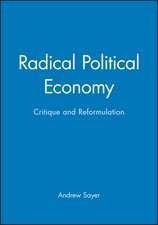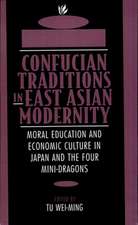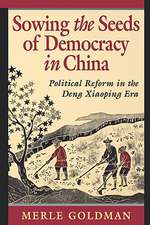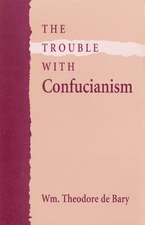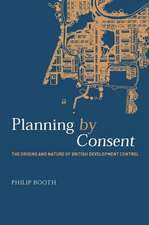Migration and Urban Development
Autor Brinley Thomasen Limba Engleză Paperback – 10 apr 2015
This book was first published in 1972.
| Toate formatele și edițiile | Preț | Express |
|---|---|---|
| Paperback (1) | 414.32 lei 6-8 săpt. | |
| Taylor & Francis – 10 apr 2015 | 414.32 lei 6-8 săpt. | |
| Hardback (1) | 1210.79 lei 6-8 săpt. | |
| Taylor & Francis – 21 dec 2006 | 1210.79 lei 6-8 săpt. |
Preț: 414.32 lei
Nou
Puncte Express: 621
Preț estimativ în valută:
79.32€ • 82.76$ • 66.49£
79.32€ • 82.76$ • 66.49£
Carte tipărită la comandă
Livrare economică 13-27 martie
Preluare comenzi: 021 569.72.76
Specificații
ISBN-13: 9781138873964
ISBN-10: 1138873969
Pagini: 280
Dimensiuni: 156 x 234 x 15 mm
Greutate: 0.41 kg
Ediția:1
Editura: Taylor & Francis
Colecția Routledge
Locul publicării:Oxford, United Kingdom
ISBN-10: 1138873969
Pagini: 280
Dimensiuni: 156 x 234 x 15 mm
Greutate: 0.41 kg
Ediția:1
Editura: Taylor & Francis
Colecția Routledge
Locul publicării:Oxford, United Kingdom
Cuprins
1. American Models of the Long Cycle 2. Demographic Determinants of British and American Building Cycles, 1870-1913 3. The Role of International Capital Movements 4. The Atlantic Economy: The Process of Interaction 5. Negro Migration and American Urban Dilemma 6. Migration and Regional Growth in Britain 7. The Dynamics of the Brain Drain


